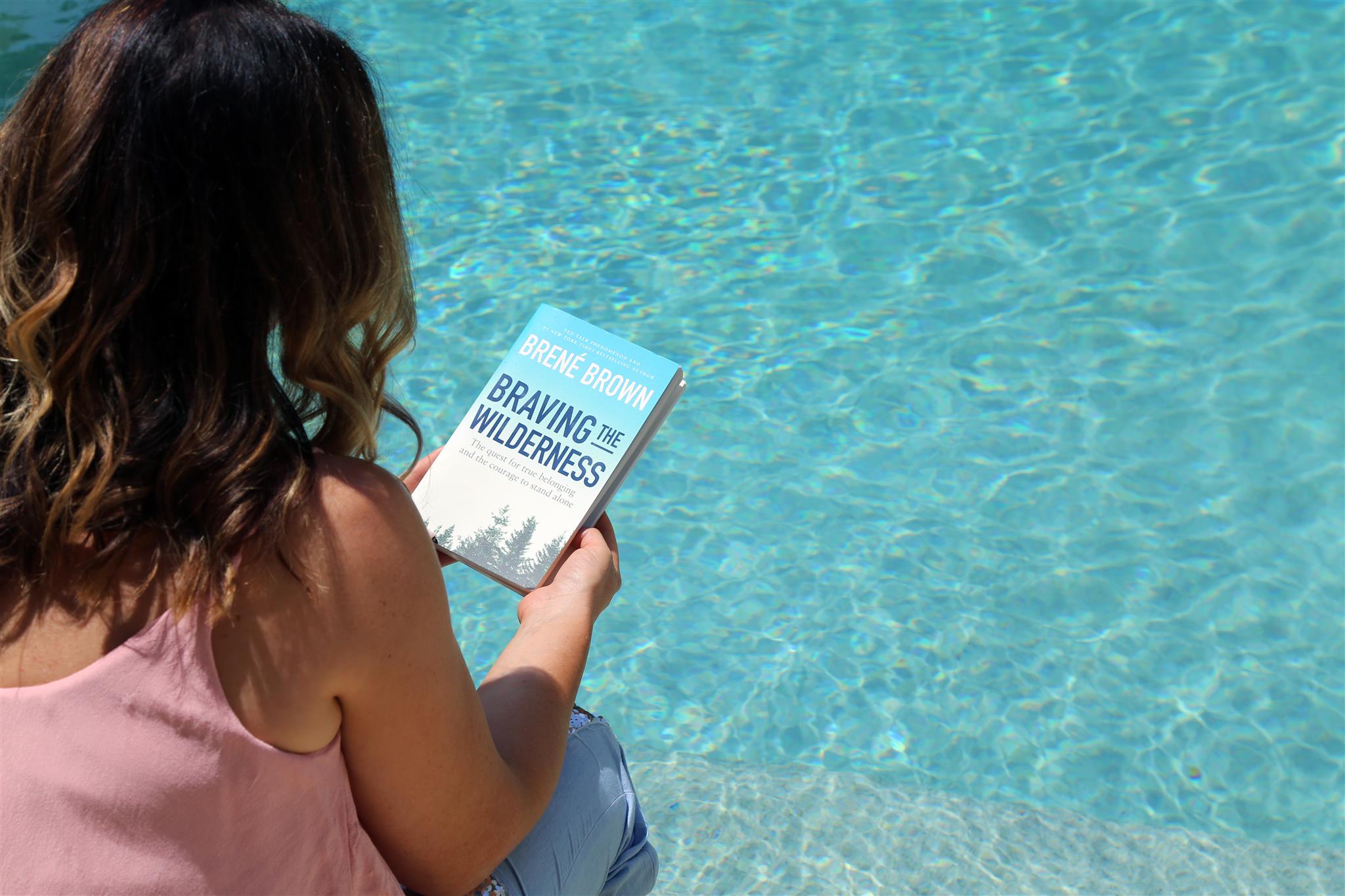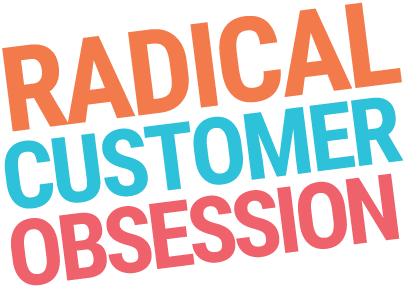
There isn’t a single piece of work of Brene Brown’s that hasn’t resonated deeply with me. Her Ted Talk on vulnerability and her book Daring Greatly has helped shape some of my speaking content and inspired me to be more authentic and, dare I say it, brave on stage.
Her new book Braving the Wilderness explores the human quest for true belonging and introduces four practices of true belonging that challenge everything we believe about ourselves and each other.
The book was released not long after my marriage ended, so I felt like the title was speaking directly to me but I soon realised that this book is much more than a handbook for being courageous in an uncertain world. It has implications for how we build relationships in every part of our lives – from family to friends and even our customers.
Brene believes that we are in the midst of a spiritual crisis. There’s no doubt that we are in a political and ideological combat zone. In Braving the Wilderness she calls out the human disfunction that is leading to record levels of social lonlieness and feelings of disconnection and redefines what it means to truly belong.
According to Brene, “True belonging requires us to believe in and belong to ourselves so fully that we can find sacredness both in being a part of something and in standing alone when necessary. But in a culture that’s rife with perfectionism and pleasing, and with the erosion of civility, it’s easy to stay quiet, hide in our ideological bunkers, or fit in rather than show up as our true selves and brave the wilderness of uncertainty and criticism. But true belonging is not something we negotiate or accomplish with others; it’s a daily practice that demands integrity and authenticity.”
If this sounds a little ‘woo woo’, read on because there’s a greater application to business than you may think.
Braving the Wilderness in 200 Words
‘True belonging is the spiritual practice of believing in and belonging to yourself so deeply that you can share your most authentic self with the world and find sacredness in both being a part of something and standing alone in the wilderness. True belonging doesn’t require you to change who you are, it requires you to be who you are.’
Brene crafted this definition from extensive qualitative research that sought to understand what people really care about. The key finding from the research was that people want to be a part of something — but not at the cost of their authenticity, freedom or power.
Participants in Brene’s research reported their reluctance to choose between being loyal to a group and loyal to themselves, but lacking that deeper spiritual connection to shared humanity, they were far more aware of the pressure to ‘fit in’ and conform.
In other words, the cracks in our sense of connection, community and shared values have created an environment where we’re reluctant to stand alone in our decisions and beliefs due to our fear of criticism and rejection.
Brene then outlines a process for Braving the Wilderness … for belonging so fully to yourself that you’re willing to stand-alone and to be in a place of solitude and searching. Beyond that, it’s the bravery required to be comfortable to be present with people without sacrificing who we are. It’s about the courage to stand out rather than fit in.
Four Things to Action from this Book
The nature of this book and its deep exploration of what it means to truly belong means that these are more things to ponder rather than take immediate, definitive action on.
- People Are Hard to Hate Close Up. Move On. “Women and men I interviewed who had the strongest sense of true belonging stayed zoomed in … forming their opinions of people based on their actual, in-person experiences” writes Brené. The news and social media give the impression that we’re more divided than we actually are. But it’s our day-to-day relationships – like the ones we form with co-workers – that have the potential to broaden our perspectives and increase our feeling of belonging. For me, this implies some interesting marketing implications – get close to your customers and allow them to get close to your brand.
- Speak Truth to B.S. Be Civil. In this chapter Brené shares a powerful story about how one of her employees openly questioned a decision Brené made at a team off-site. Although the employee was alone in her stance at the time, Brené appreciated how she bravely addressed her concerns in a civil way. Brené cites WorkHuman speaker Christine Porath’s research on how civility standards can lead to higher-performing and better-functioning teams.
- Hold Hands. With Strangers. “Social media is helpful in cultivating connection only to the extent that they’re used to create real community where there is structure, purpose, meaning, and some face-to-face contact,” writes Brené. This is where social recognition could play a role in reinforcing feelings of gratitude and positivity that naturally arise as we work together and collaborate in the workplace.
- Strong Back. Soft Front. Wild Heart. Here Brené invites us to ‘strengthen our courage muscle’ by putting BRAVING into practice:Boundaries: Learning to set, hold and respect boundaries. The challenge is letting go of being liked and the fear of disappointing people.
Reliability: Learning how to say what we mean and mean what we say. The challenge is not overcommitting and overpromising to please others or prove ourselves.
Accountability: Learning how to step up, be accountable, take responsibility and issue meaningful apologies when we’re wrong. The challenge is letting go of blame and staying out of shame.
Vault: Learning how to keep confidences, recognise what’s ours to share what’s not.
Integrity: Learning how to practice our values even when it’s uncomfortable and hard. The challenge is choosing courage over comfort.
Nonjudgment: Learning how to give and receive help. The challenge is letting go of ‘helper and fixer’ as our identity and the source of our self-worth.
Generosity: Learning how to set the boundaries that allow us to be generous in our assumptions about others. The challenge is being honest and clear with others about what’s okay and not okay.
Braving the Wilderness is concise and at times a little clichéd with motherhood statements. But there’s simplicity in the brevity and makes the depth of the concepts easy to process and apply.
And while there aren’t specific references or applications to marketing and business, there’s a power in understanding what broader forces are at play with society’s fears, hopes and dreams and it provides some powerful insights around the importance of community and connection.
You can get a copy of Braving the Wilderness here.



